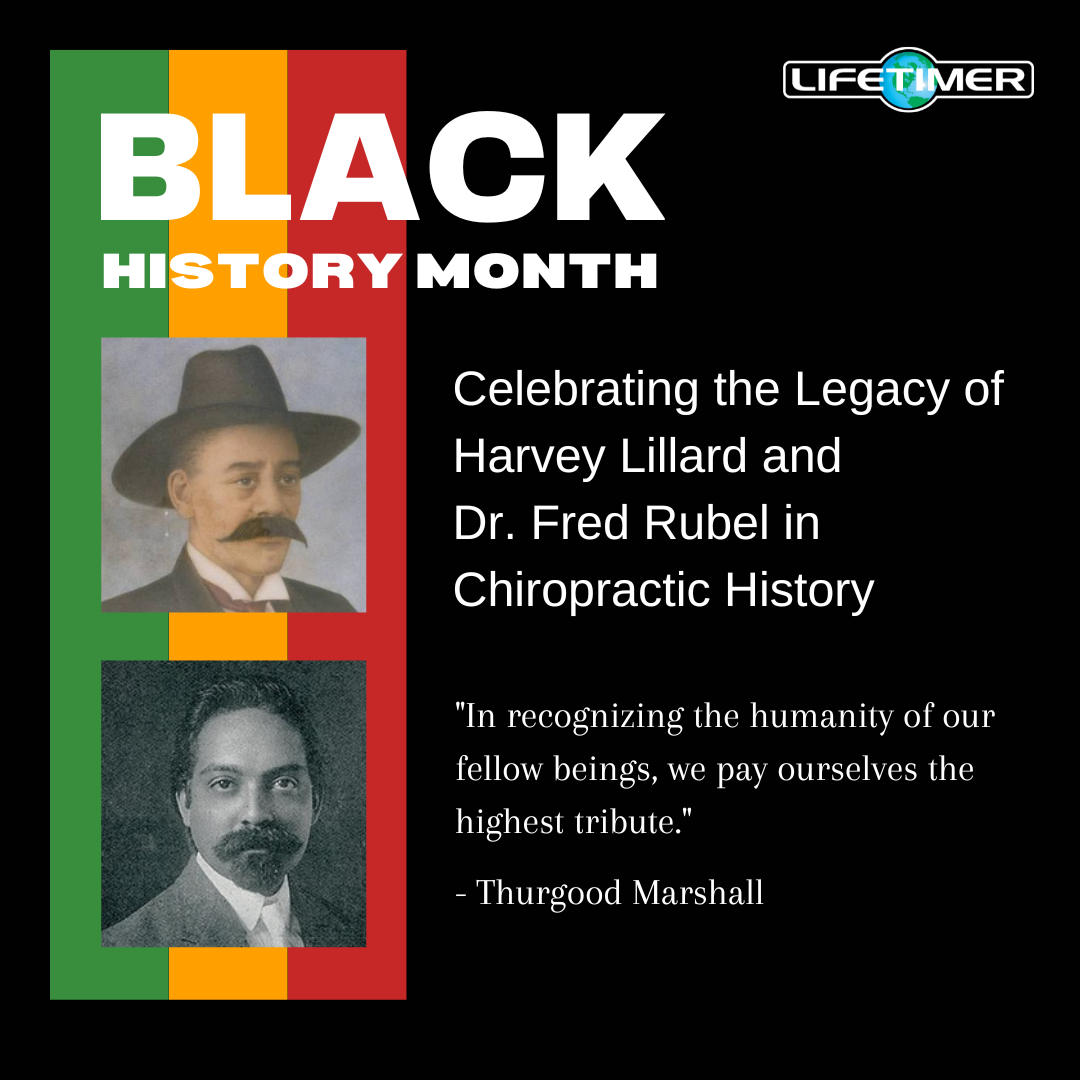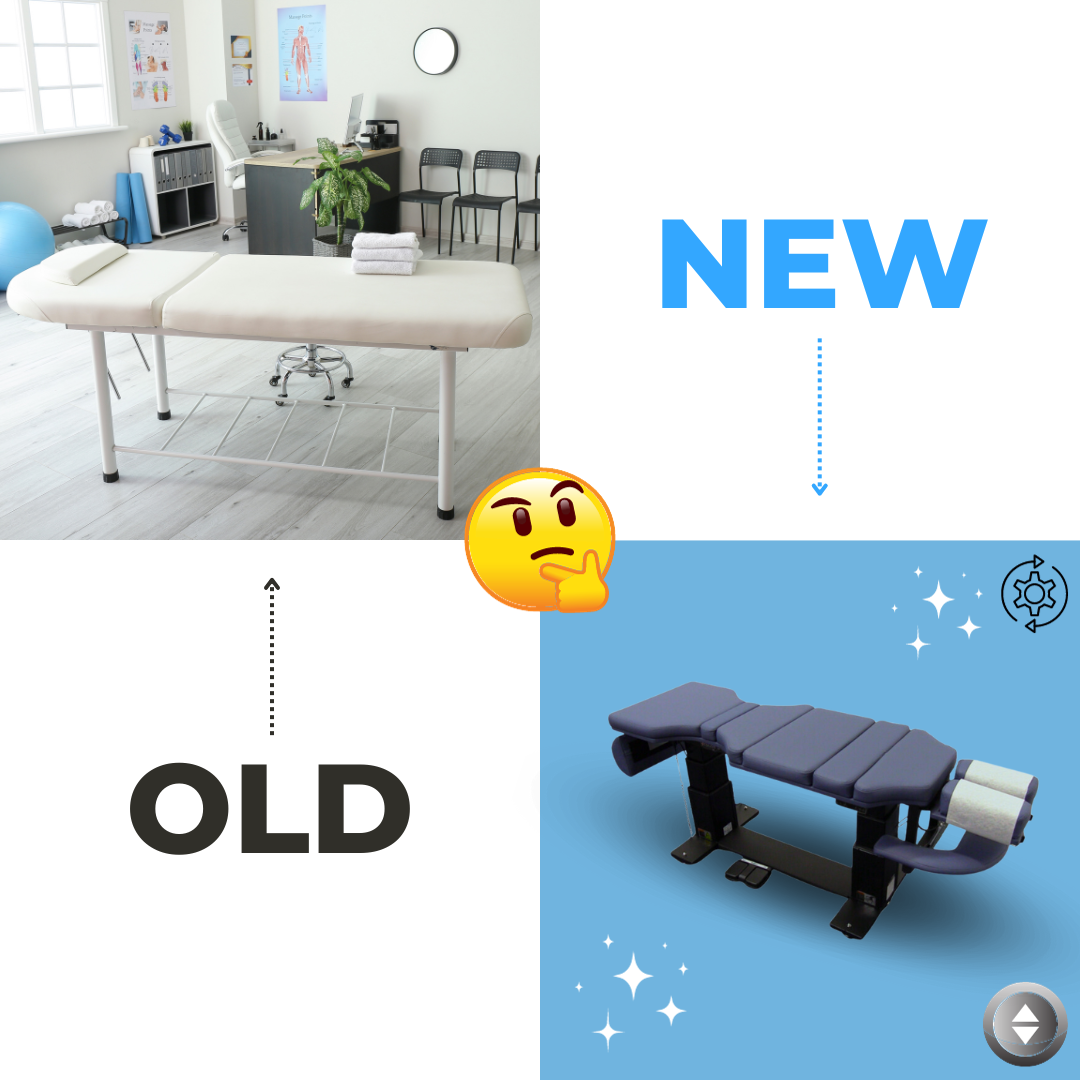
The Urgent Need for More Chiropractors in the USA
Chronic pain is not just a personal struggle; it’s a national crisis. In the United States, a staggering 20% of adults—equivalent to one in five individuals—battle chronic pain. This epidemic is especially prevalent among specific demographics, including older adults, females, veterans, and those with limited resources. Moreover, chronic pain, particularly musculoskeletal conditions, inflicts a colossal economic burden, with an annual cost of approximately $500-$600 billion due to healthcare expenses and productivity loss. For many people suffering from chronic back and body pain, this is a crisis that demands immediate attention and comprehensive solutions that doesn't force them to rely on medication alone.
Amidst this scenario, the role of chiropractors is pivotal. The significance of their non-invasive, drug-free approach cannot be overstated, especially when considering the consequences of widely promoted opioid prescriptions. The United States, in particular, faces a grave challenge with the inappropriate use of prescription opioids for managing chronic back pain. Not only do these medications fail to provide substantial relief, but they also carry the perilous risk of addiction, affecting one in four patients who receive long-term prescriptions.
Here lies a crucial call to action: we need more chiropractors in the United States. The projected demand for their services far surpasses the current supply of approximately 100,000 chiropractors (in the world, so the number of practitioners is actually less in the USA!). Here’s why:
-
Effective Pain Management: Research consistently supports the efficacy of non-drug approaches, such as chiropractic services, for managing chronic pain. Studies reveal that individuals receiving chiropractic care have significantly lower odds of resorting to opioids. Furthermore, chiropractic users are 64% less likely to receive opioid prescriptions than non-users.
-
Alignment with Clinical Guidelines: Major healthcare organizations, including the American College of Physicians and the Centers for Disease Control and Prevention, emphasize non-invasive, non-drug treatments for chronic pain, explicitly endorsing chiropractic care as a viable option. The alignment of chiropractic services with these guidelines underscores their credibility in the medical community.
-
Preventing Opioid Reliance: Opting for chiropractic care as the initial treatment for musculoskeletal conditions significantly reduces the likelihood of later opioid prescriptions. Studies have shown a 90% decrease in both early and long-term opioid use for patients who initially consult chiropractors for low back pain.
-
Patient Preference and Satisfaction: The majority of Americans prefer drug-free pain management alternatives. Chiropractic care not only meets this preference but also garners high patient satisfaction rates. Between 59% to 90% of individuals using alternative therapies, including chiropractic services, for chronic pain find them helpful.
In conclusion, the pressing need for more chiropractors in the United States is evident. These dedicated professionals offer a solution to the chronic pain crisis, promoting healthier, safer, and more sustainable pain management strategies. If we prioritize the expansion of chiropractic services in our nation, we all may help ensure that every individual suffering from chronic pain has access to the relief they deserve.







